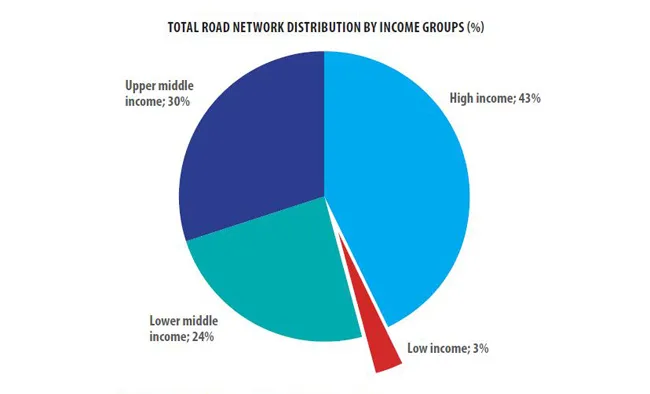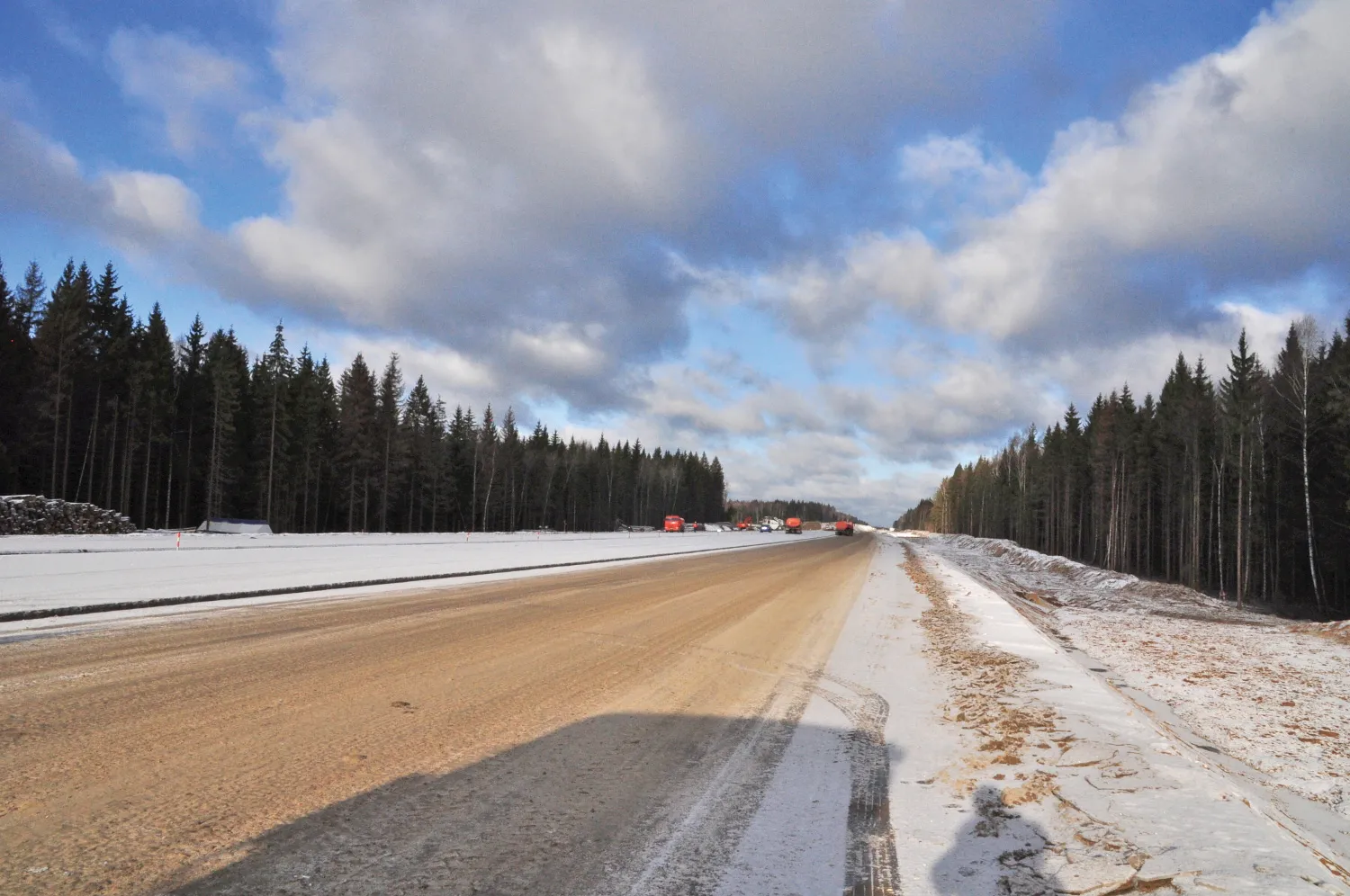Major changes will be required in the way that highway infrastructure investment is funded in many developed nations. Fuel taxation is a key source of income for governments, with some countries (such as the US) using a set sum for road repairs, maintenance and new construction. Fuel taxation is a proportional way to fund road infrastructure improvements, basically as larger vehicles or those that are used more, will pay more.
May 23, 2012
Read time: 3 mins
Major changes will be required in the way that highway infrastructure investment is funded in many developed nations. Fuel taxation is a key source of income for governments, with some countries (such as the US) using a set sum for road repairs, maintenance and new construction. Fuel taxation is a proportional way to fund road infrastructure improvements, basically as larger vehicles or those that are used more, will pay more.
But looking ahead, this model has to change. Fuel taxation cannot fund the future infrastructure investment required. The US for example has a major shortfall in terms of income for its Highway Trust Fund and methods such as fuel tax increases, tolling and PPPs have been proposed as alternatives. In European countries fuel taxes have been used by governments for the total national budget, with only a tiny proportion being used for road infrastructure, resulting in highway funding problems.
The situation will get worse too. New generation vehicles use less fuel, so taxation from fuel will diminish. And looking further ahead, the shrinking oil reserves will see the end of fossil fuelled vehicles.
Tolling has been used to pay for roads for hundreds of years and provides a direct route to further investment. It is no coincidence that developing highway networks in Brazil, North Africa or Russia are tolled. Tolling is also being used to fund highway projects in developed European nations, such as Austria and France. But trying to introduce tolling to existing highways faces public resistance.
Trucks using the German autobahn network are charged for the distances they cover on these highways. This is seen as an effective tool for highway funding, particularly as it is the trucks that cause the greatest road wear. But increasing the cost of haulage boosts the cost of goods. Furthermore, trucking firms in Germany now route vehicles onto B roads for shorter journeys, which largely feature single traffic lanes in either direction. Concern has been raised over road safety, particularly given the increased numbers of Eastern European trucks on the country's roads and their often poor levels of roadworthiness.
Road user charging for all vehicles has also been proposed in the UK and the Netherlands, both of which suffer extremely high concentrations of vehicles on their roads. But the complexity of the technology required presents a major barrier and nor is this solution popular with the public.
But while road users may not be happy with the need to change the status quo, there is little choice. Highway infrastructure investment will have to be sourced from other methods.
But looking ahead, this model has to change. Fuel taxation cannot fund the future infrastructure investment required. The US for example has a major shortfall in terms of income for its Highway Trust Fund and methods such as fuel tax increases, tolling and PPPs have been proposed as alternatives. In European countries fuel taxes have been used by governments for the total national budget, with only a tiny proportion being used for road infrastructure, resulting in highway funding problems.
The situation will get worse too. New generation vehicles use less fuel, so taxation from fuel will diminish. And looking further ahead, the shrinking oil reserves will see the end of fossil fuelled vehicles.
Tolling has been used to pay for roads for hundreds of years and provides a direct route to further investment. It is no coincidence that developing highway networks in Brazil, North Africa or Russia are tolled. Tolling is also being used to fund highway projects in developed European nations, such as Austria and France. But trying to introduce tolling to existing highways faces public resistance.
Trucks using the German autobahn network are charged for the distances they cover on these highways. This is seen as an effective tool for highway funding, particularly as it is the trucks that cause the greatest road wear. But increasing the cost of haulage boosts the cost of goods. Furthermore, trucking firms in Germany now route vehicles onto B roads for shorter journeys, which largely feature single traffic lanes in either direction. Concern has been raised over road safety, particularly given the increased numbers of Eastern European trucks on the country's roads and their often poor levels of roadworthiness.
Road user charging for all vehicles has also been proposed in the UK and the Netherlands, both of which suffer extremely high concentrations of vehicles on their roads. But the complexity of the technology required presents a major barrier and nor is this solution popular with the public.
But while road users may not be happy with the need to change the status quo, there is little choice. Highway infrastructure investment will have to be sourced from other methods.









